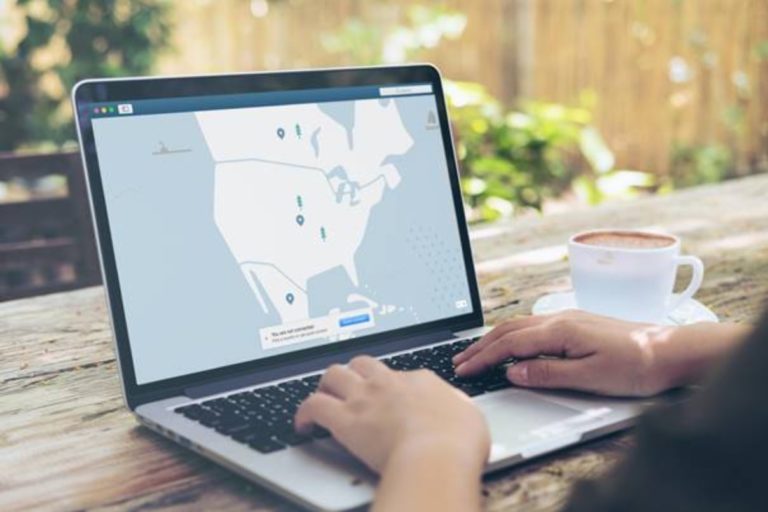A VPN is a tunnel that encrypts your activities through the Internet. It sends the data from its own device to the VPN server. The encrypted traffic is then forwarded to the website.
The advantage of VPN connections: You protect yourself from hackers and the disclosure of private information. The disadvantage: the encrypted data of the VPN affects the Internet speed.
Here are a few tips on how to get started with the right VPN and computer settings to get the maximum speed out of it.
Optimize VPN: Improve speed.
As a rule, the VPN does not show any loss of speed. There are many reasons for slowed speed. These six methods can be used to find the main sources of errors.
1. change the server
Data communication is encrypted via the selected VPN. The VPN forwards the data via a server. There are servers that are heavily used and slow at the same time. To improve the speed, it is worth trying another server. Many VPN providers have multiple servers on different continents.
- You can easily switch servers and test if the speed improves. A VPN server that is geographically close to you is a better fit! For example, gain access to a server in a neighboring country.
- If a popular server is used by many people, this can be problematic. Choose a server that is located further away from you. Then it’s test, test, test.
- A third alternative is automatic server selection. The VPN provider will choose the fastest one for you.
2. change the protocol
VPN protocols encrypt the data. You can change the settings here to get a faster result. Try switching between the UDP and TCP. There are two different methods VPNs use to send their data.
The OpenVPN protocol is fast and stable. You can check if your VPN provider uses this protocol. Alternatively, you can test the L2TP/IPSec protocols.
PPTP is the fastest of all protocols. But all-clear! Its encryption method is obsolete. If security and privacy are not a priority, it’s ok. If you are a student dialing into your university’s network, PPTP is sufficient.
3. connect router and PC with the cable
It makes a difference whether you are connected directly to the router or via WLAN. It is therefore worth connecting the laptop directly to the router via cable. Has another source of error been excluded?
4. change the port
Every VPN that connects to the web runs over a port. As a rule, the preset port is ok. However, there is a possibility that a certain network throttles the port. By changing the port in the settings of the VPN, you know more. Try for example the Port 443 off. It is a good solution for VPN speed problems.
5. switch off firewall and antivirus software
Antivirus programs additionally slow down the performance of data processing – as well as firewall settings. Test if there is a causal link between firewall/antivirus program and speed. Turn off your antivirus program for five minutes. Is the problem fixed?
6. the good old Reset-button
Test the oldest IT trick in the world. Switch the PC and router off and on again. Has the speed improved?
7. last chance: change VPN provider
Changing the VPN provider is appropriate if nothing helps up to here. There are several reasons why a VPN provider is fast or slow. A slow VPN client indicates outdated technology. The technology is not enough to balance the server load. The internal infrastructure or an outdated network connection are common causes.
Does strong encryption mean slow VPN connection speed at the same time?
Your data traffic should be encrypted with a VPN client in a powerful way. If the encryption is high and effective, this can reduce the Internet speed, but it does not have to. This depends heavily on the VPN provider.
The own PC and the performance also play a role. How fast can it process the encryption and decryption?
In summary, both the settings within the VPN client and the properties and settings of your PC affect the speed.







